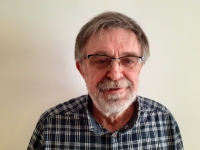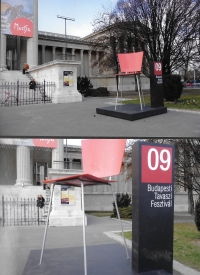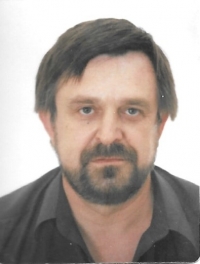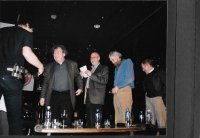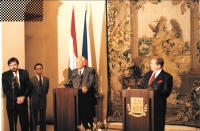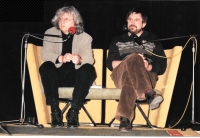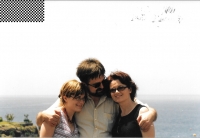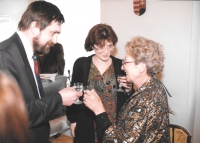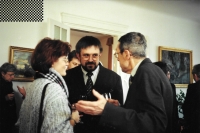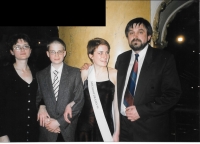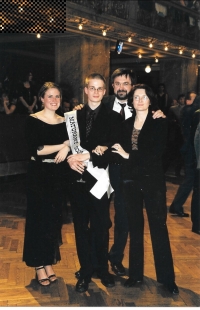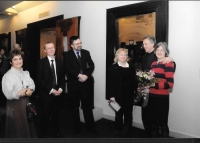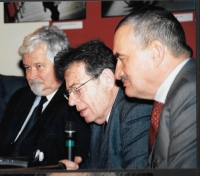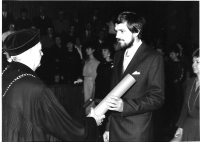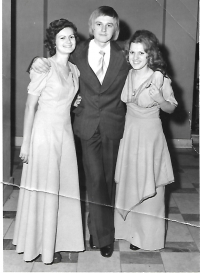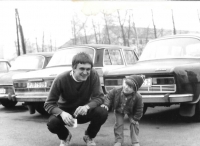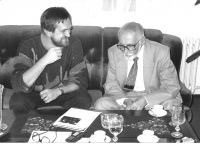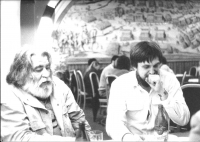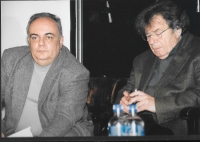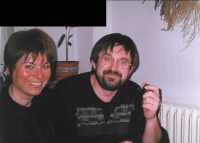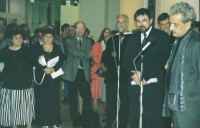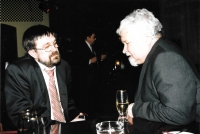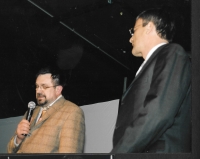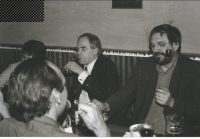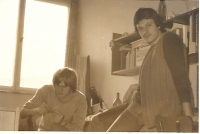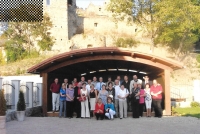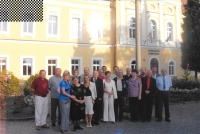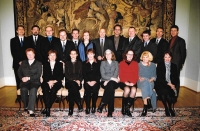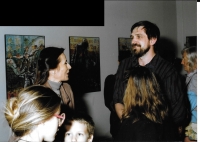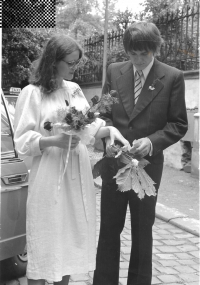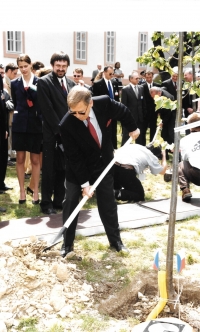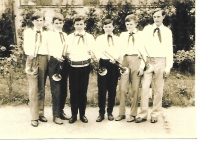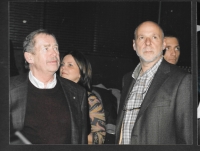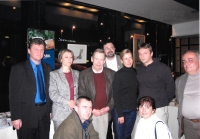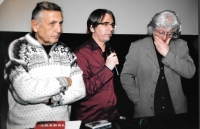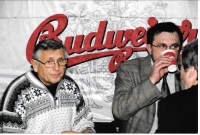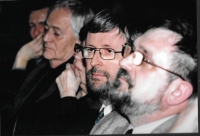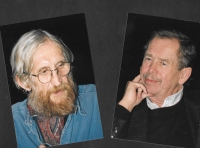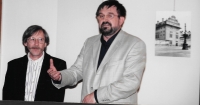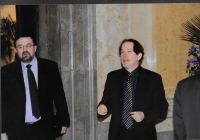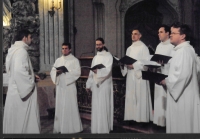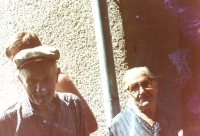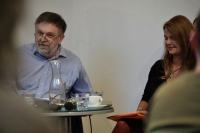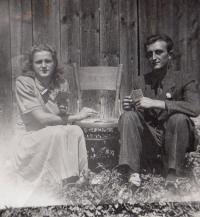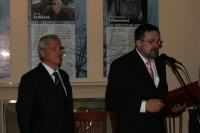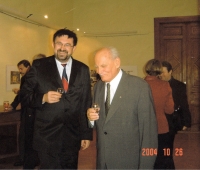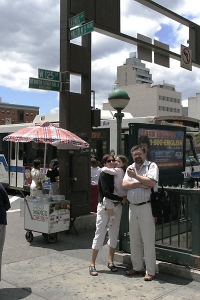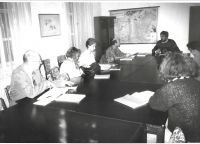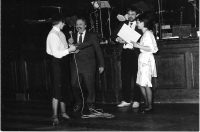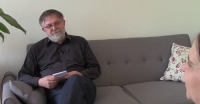Sitting on three chairs
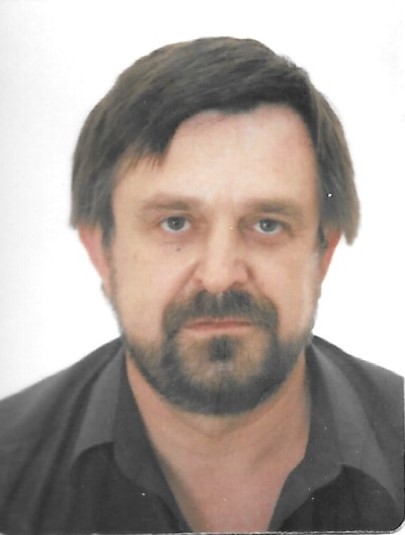
Download image
Evžen Gál was born on 2 June, 1957 in Fiľakovo, Slovakia. His parents came from the countryside, from the Hungarian minority in Slovakia, and part of the family lived in Hungary, only twenty kilometres away. Although he went only to Hungarian schools until he graduated from secondary school, he had Slovak friends from whom he learned Slovak, and as Slovak language was also obligatory at school, he was already bilingual as a child. After arriving in Prague, he soon managed to learn Czech during his statistics studies. Two years later, he went over to the Faculty of Arts (or Philosophical Faculty) of Charles University to study Czech and Hungarian, and at the same time, for many years, he taught practical language in the courses organized by the Hungarian Cultural Centre . After graduating from the faculty, he worked at the official communist Hungarian daily newspaper Új Szó, which had its branch in Prague, but at the end of the 1980s it was obvious that he was going to leave the job. He became profoundly interested in political events, participating in demonstrations and signing petitions. For less than a year he worked at the Hungarian Cultural Centre, where he was in charge of films, and before November 1989 he successfully applied for a position of the Hungarian lecturer at the Faculty of Arts of Charles University. At first he taught linguistics and later only modern Hungarian literature, which he still has been teaching these days. In the 1990s he used to interpret for President Václav Havel on both official and informal occasions. For six years he worked as the director of the Czech Centre in Budapest, where he successfully promoted Czech culture, and since his return to Prague he has continued to teach at the University at the Department of Central European Studies of the Faculty of Arts of Charles University. In 2009 he received the Pro Cultura Hungarica Award for the promotion of Hungarian culture in the Czech Republic. Evžen Gál died on January 18, 2024.
